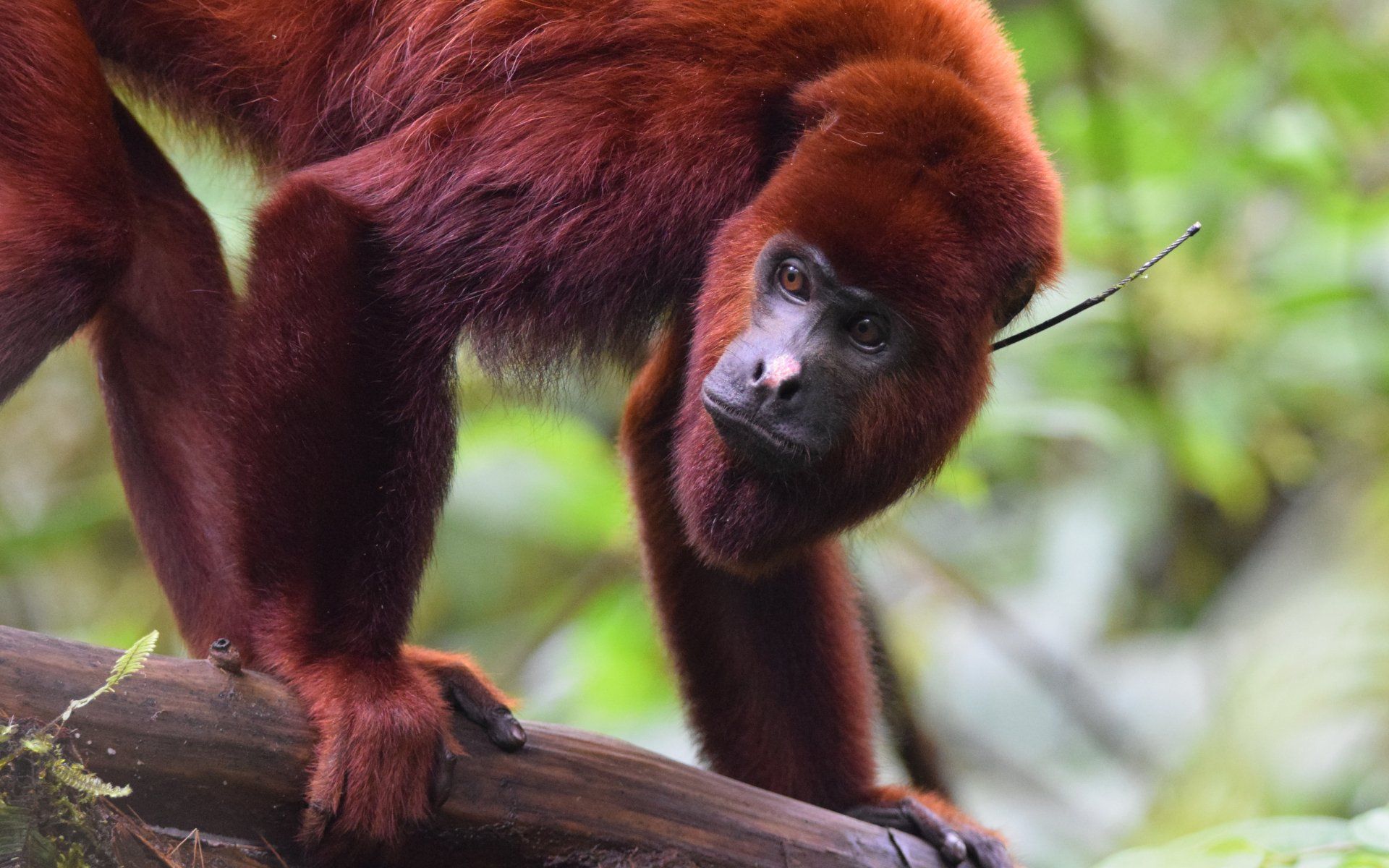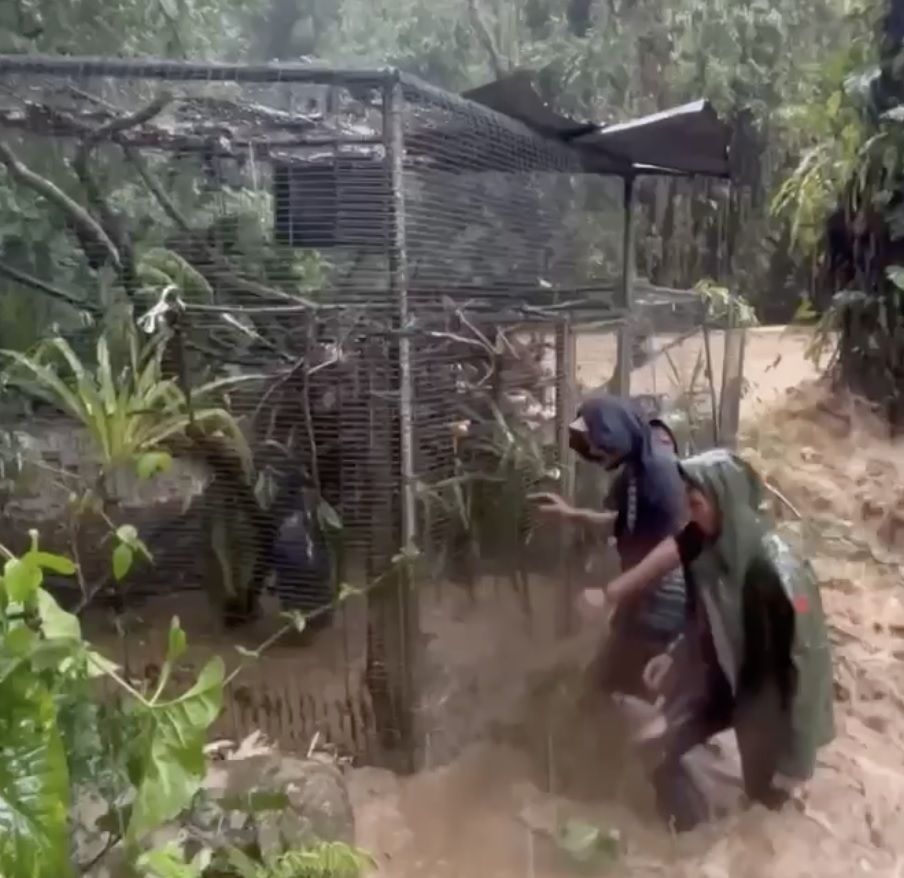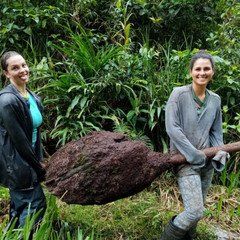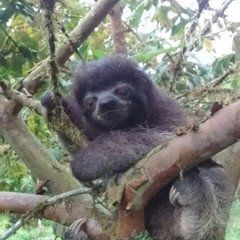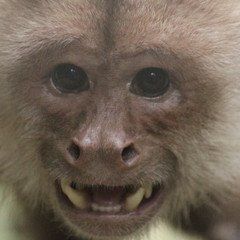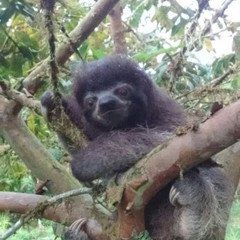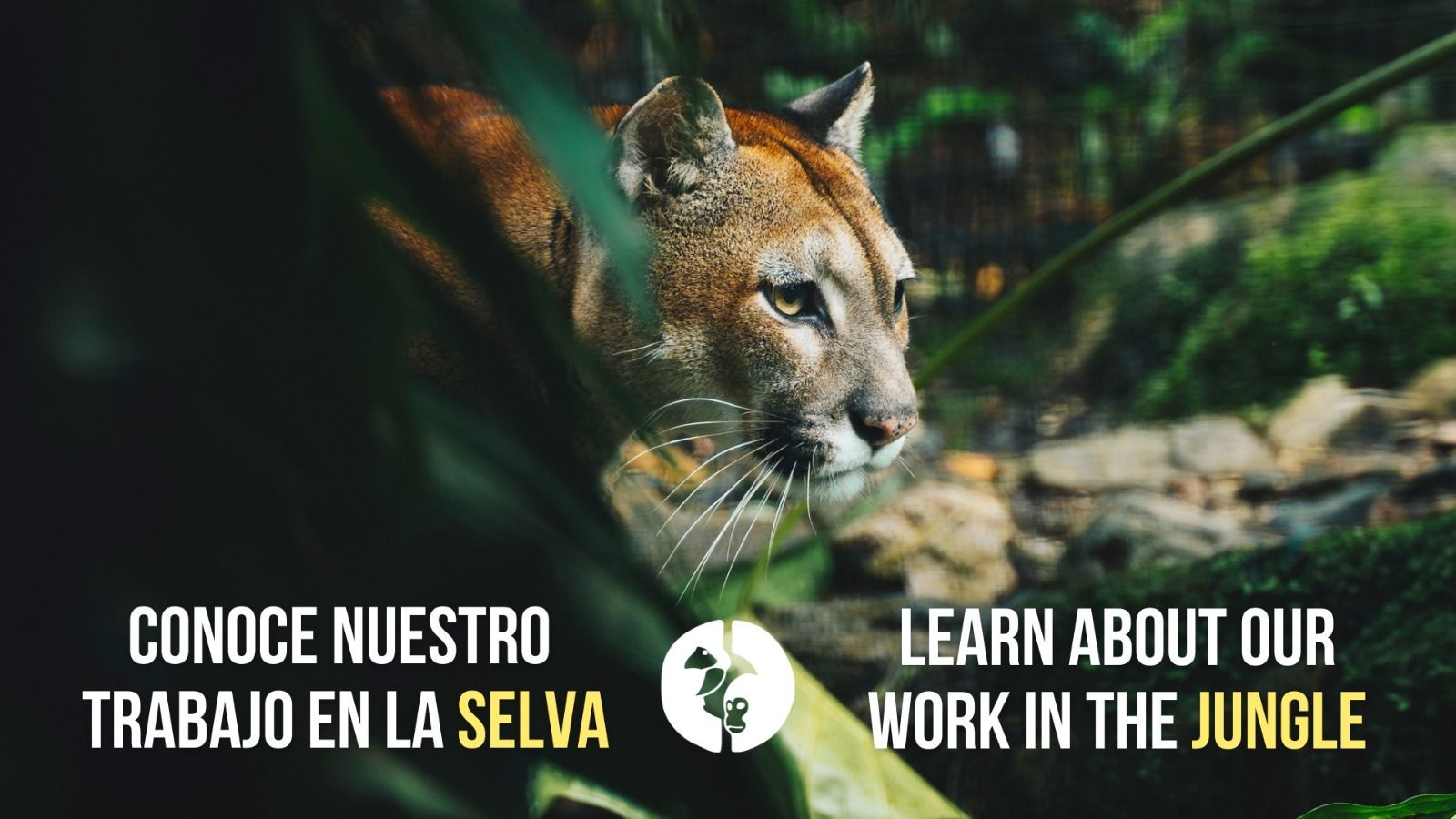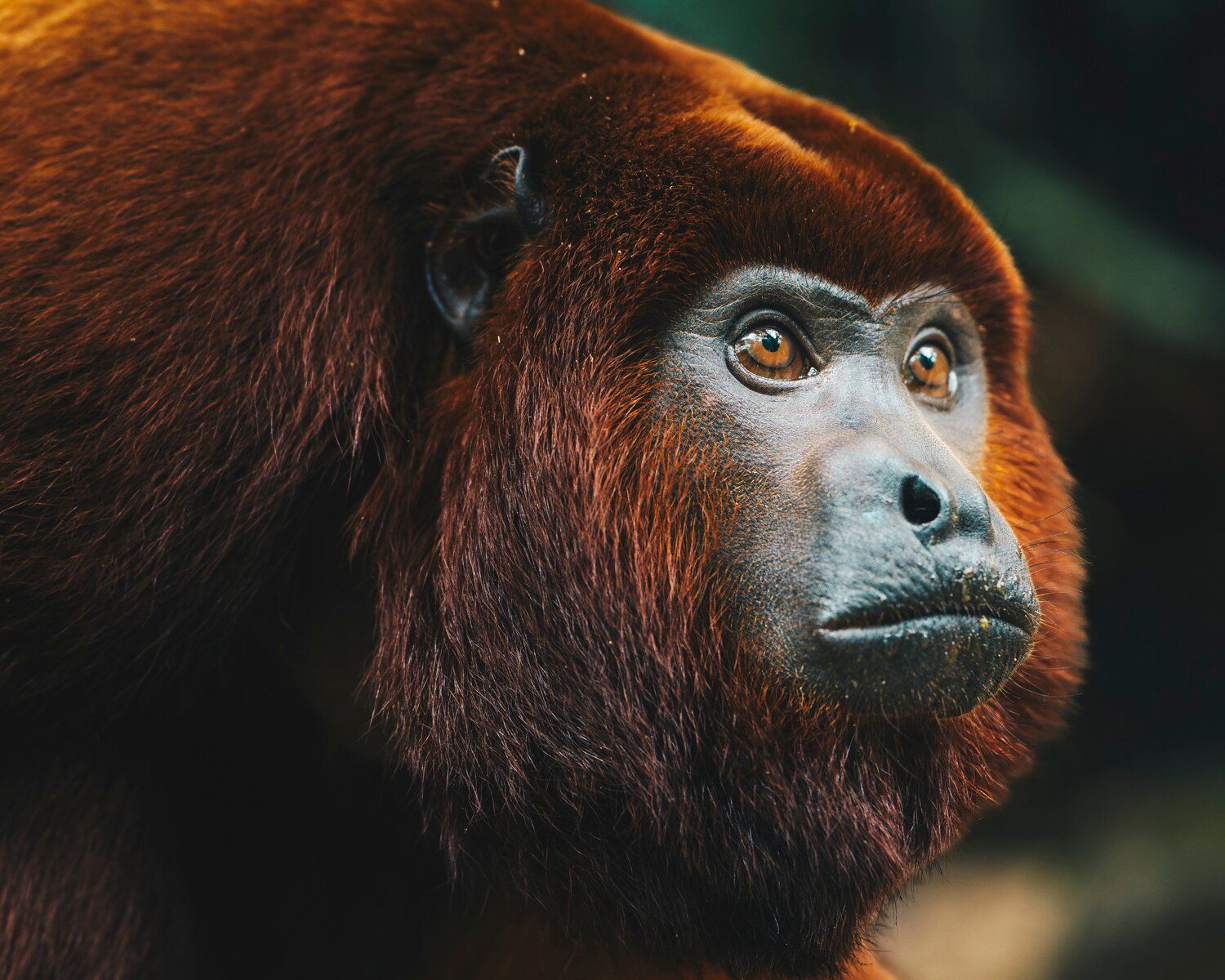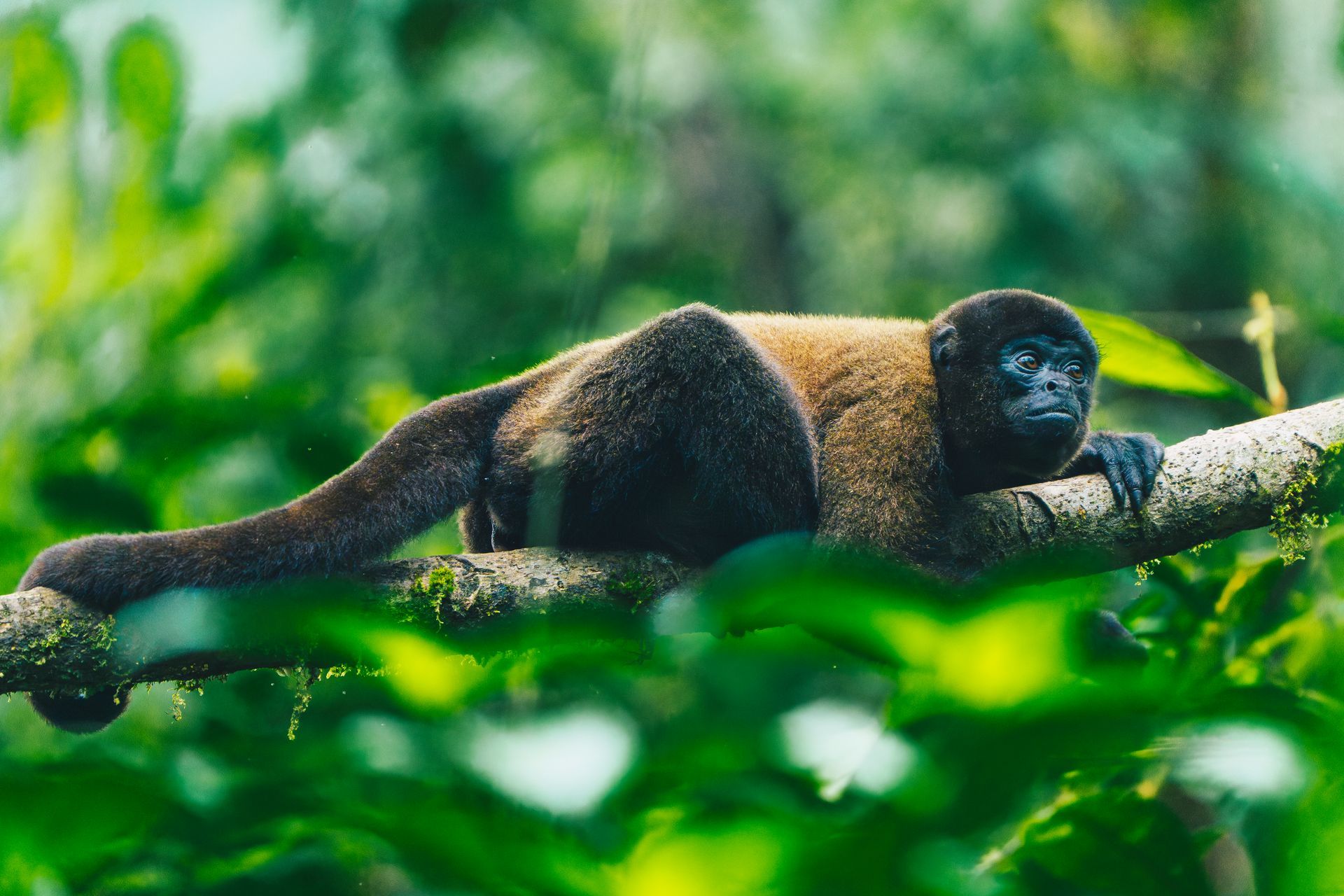Guardian and BBC Spotlight Merazonia
Both the renowned English newspaper The Guardian as well as the BBC paid attention to the struggle wildlife centres around the world face in times of corona. The stories feature our resident veterinarian Louisa Baillie and manager Jeni Taylor, alongside some of our more adorable animals. You can read the article here or watch the BBC-clip on our Youtube channel here.
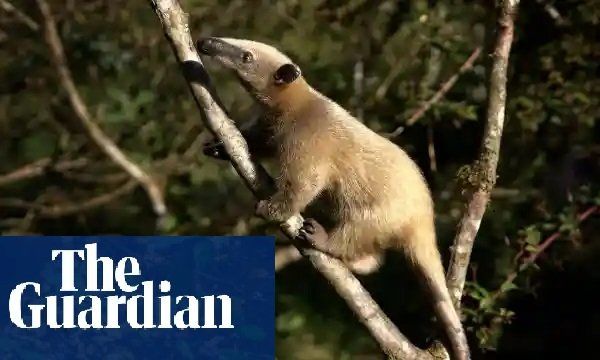
The part about Merazonia on the BBC starts 19 minutes into the show. If you are in the UK you can also watch it on the BBC iPlayer. Or you can find just the Merazonia part of the show on our own Youtube channel.
In the upcoming months, we will lift your spirits with stories of recent successful releases. Despite the difficulties we face in our day to day operations, we managed to release a considerable amount of animals! But this month we focus on the challenges we face along with many other wildlife centres around the world.
Funding
Many of the centres receive little or no governmental aid, and have to be creative in finding resources. A lot goes into a rehabilitation: rescued animals often need to recover and get the medical attention; after that a lot of time and money goes into preparing them for a life back in the wild; and finally there are costs involved in monitoring them post release.
Louisa Baillie, Merazonia's veterinarian since 2009 said in The Guardian: "Our day-to-day operations rely on the fees that volunteers pay, which covers the cost of food and medicine for the animals." Though some volunteers have become stuck in Ecuador since the borders closed on 16 March, “as soon as the borders open, almost everyone will go home".
Responsible wildlife rehabilitation
Donations are our second source of income and they become more and more important every year in order to fund new rehabilitation areas, fix up the old ones and buy expensive tracking material - needed once the animals are ready to be released. This red howler monkey for example was released in a group in our reserve two years ago. Thanks to her radio collar, we were able to track her and her group to assure their wellbeing and assist them in the initial hard first months of liberty, before becoming independent.
